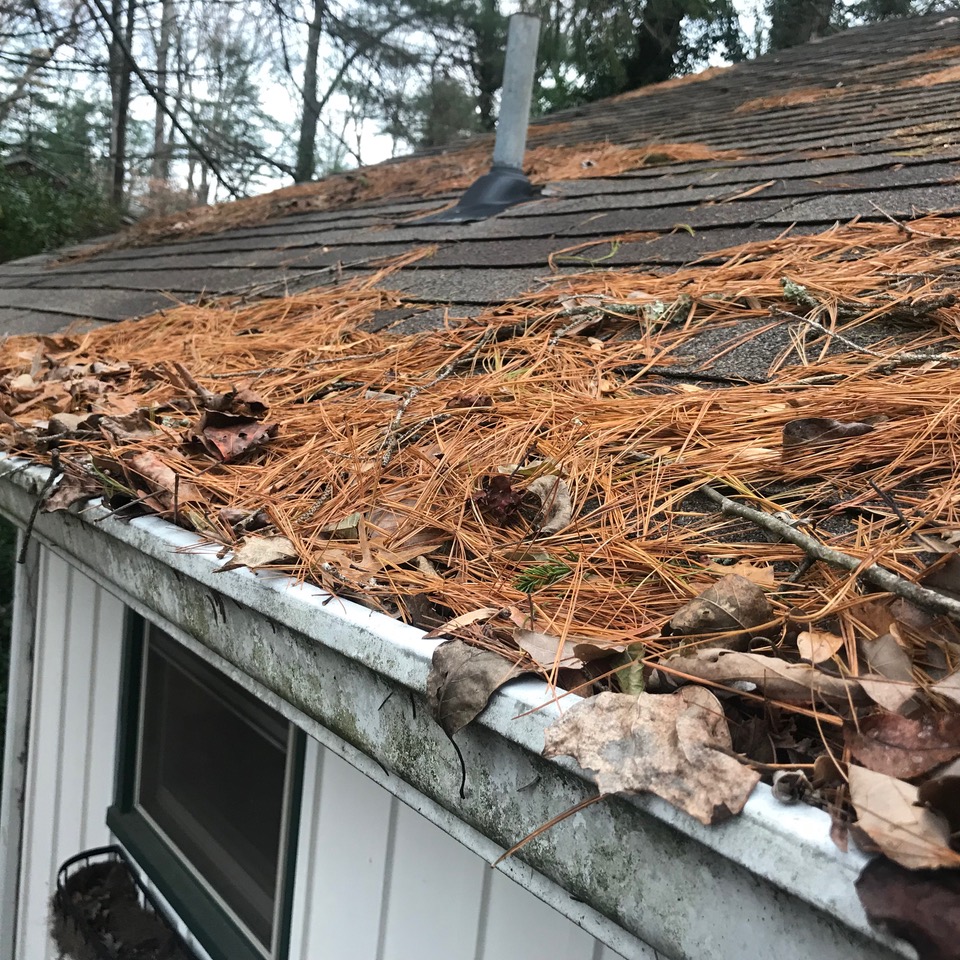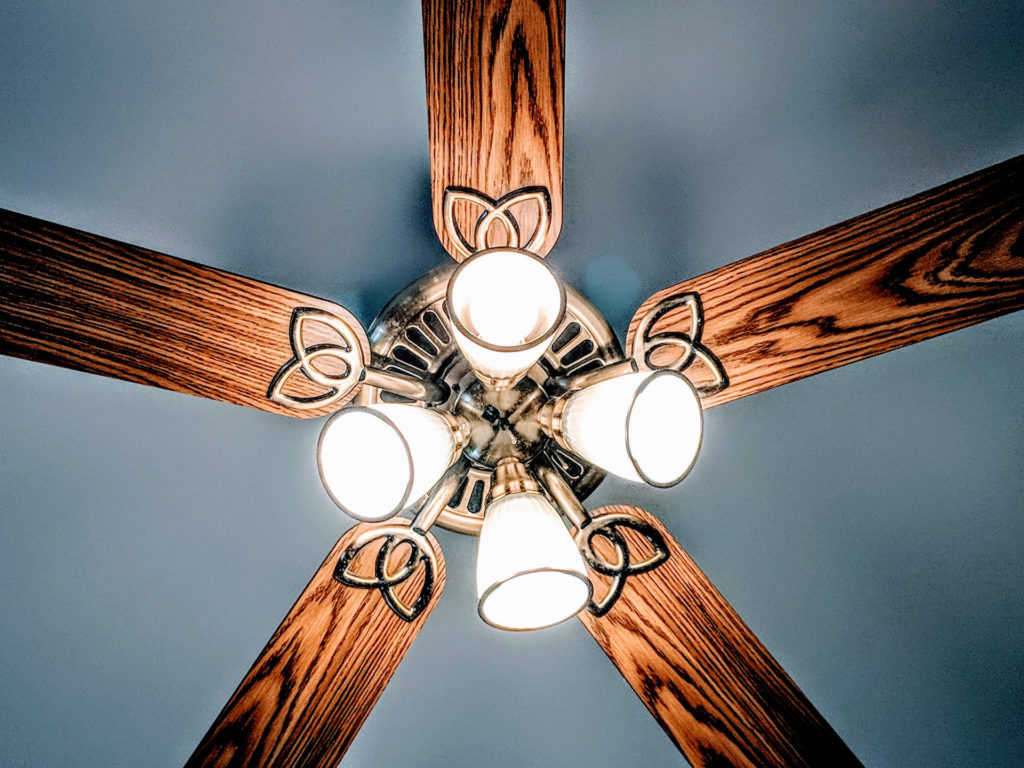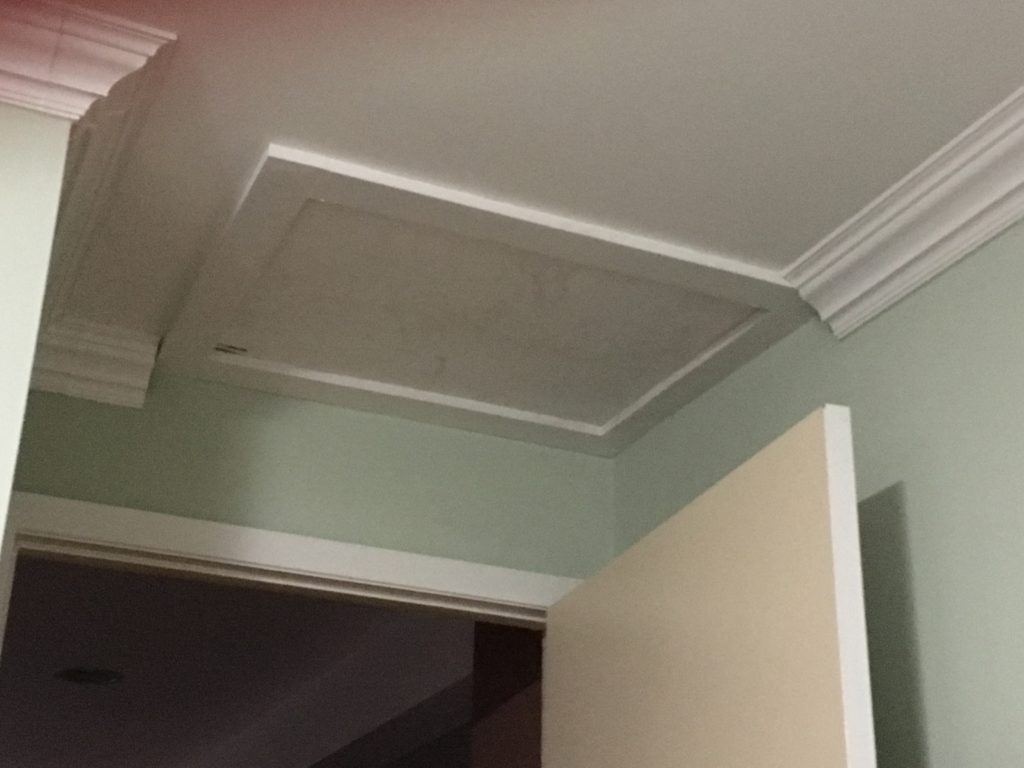
Getting your house ready for sale can be a daunting task. Everyone has great advice, starting with your realtor and professional home stager, all the way on down to friends and relatives. Everybody’s on your side, and they want to see you get the best offer for your home. So you work diligently to follow their advice and, lo and behold, you do get a great offer. Then there you are in your head, counting all the money you will make on the sale and feeling on top of the world, until that phone call comes in from the realtor to knock you back down a few rungs. She’s got an inspection report with a half dozen major items that must be fixed or the deal is dead! The answer is preparing for inspection.
This sort of shock can be avoided if you take some proactive steps while preparing for inspection. Here’s a list of things you can do to prepare before a buyer sends an inspector. You can check these yourself, or (better still) you can hire a professional home inspector to uncover potential problems and discuss your options before your house goes on the market. Either way, it’s worth the small expenditure to know if your home is ready for sale.
On the Outside

Windows/Screens: Cracked and broken windows and damaged or missing screens may be written up in an inspection report. Repair or replace any damaged windows and screens. Windows should slide up and down easily. Improve stubborn windows by cleaning their tracks and adding some silicone spray.
Ugly, cracked, and faded paint: Take a good look at your home’s exterior paint before selling. Are there cracks, chips or bubbles? Are there streaks and faded areas around the house? Maybe an exterior paint job is a good idea.
Damaged caulk: Look for cracked caulking around doors and windows. If you find any, just buy some good quality caulking at your nearest home store, and fix the problem long before the inspector shows up.
Drainage: Ensure that there is not anywhere near the house where water could flow toward the house. Water should flow away from the house, especially in the first three feet. Also, be sure that downspouts drain at least three feet from the walls. You may have to grab a shovel and purchase some downspout extenders for this one.
Clean those gutters: Clean gutters are seen as an indicator that the home is well maintained. Be sure gutters are clean, especially in two story homes where a window looks right down over clogged gutters.
Decks/Fences: Replace and rotting or damaged boards, and tighten up any loose railings.
Siding/Trim: Refasten and replace loose or damaged boards. If replacing, be sure to match the original color and texture.
The Roof: A bad roof report can strike fear into even the most intrepid buyers. If your roof looks damaged or worn, have a roofing company check it out and make any needed repairs. If they do make repairs, getting a “Roof Certificate” will help put potential buyers at ease.
Garage door: Run two very simple tests. With the garage door open, have a friend hit the CLOSE button, then wave your foot in the electric eye path close to the ground. This should stop the door and return it to the open position. Next, repeat the test, but this time grab the door with both hands on it’s way down to make it stop. You should feel a bit of resistance, but then it should reverse back to its open position. WARNING: If the door does not seem likely to stop, let go and back away.
On the Inside

Shower and tub surrounds: Repair any cracks in the grout or caulking.
Fans: Ensure that all ceiling fans are working properly. Repair or replace any broken fans before listing your home.
Light bulbs: Check all the lights in the house. Replace any bulbs that are not working.
Electrical: Make sure you have ground fault interrupter (GFI outlets) installed in all wet areas. Also, purchase a plug-in outlet tester (about $10 at home improvement stores) to determine that all your outlets are wired properly. Inspectors will check every outlet, inside and out.
Plumbing: Fill all the sinks halfway, and then pull the plug to ensure they are draining properly. Slow drains may need only a cleaning of the P-trap. Next, take a dry paper towel and rub it under all visible pipes, supply lines and valves. If the paper towel gets wet, there is a leak at that area.
Toilets: The inspector will flush all the toilets, so you should check them prior to inspection. If there is a leaking sound coming from the tank, it’s likely the flapper valve. These cost only $5-$10, and they require no tools for installation.
Stairs: Be sure there are no loose boards. Check the balusters for tightness, and fasten any loose areas.
Appliances: The inspector will check all appliances, running the dishwasher through all cycles, checking all stove burners, oven coils, vent fans and lights. If the refrigerator is to be included with the sale, that will be checked, too. Repair or replace any faulty appliances before listing your home for sale.

For the inspector
Until now the main discussion has been on preparing your home so the inspector will find few or no problems. Now let’s focus on preparing for inspection when you know the inspector is coming. Please be sure there is easy access to the areas the inspector will need to reach.
- The electrical panel needs to be accessible without needing to move boxes, debris, or other obstructions.
- Attic entrances should be free of stored items.
- Provide easy access to your home’s crawlspace.
- Be sure nothing is blocking the furnace or water heater both for access and safety. Gas furnaces and heaters should have a clear space around them that is free of any combustible materials.
We’ve got you covered!
Does this list seem daunting to you? If you don’t want to do it yourself, let Asheville Home Inspector Peter Young do the inspection for you.
Don’t wait for the buyer to send an inspector. A seller-arranged inspection can help uncover potential problems and ensure that your home will get the best offer available in today’s market.
Click the link below to make an appointment.
